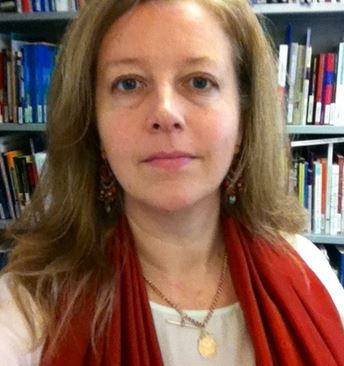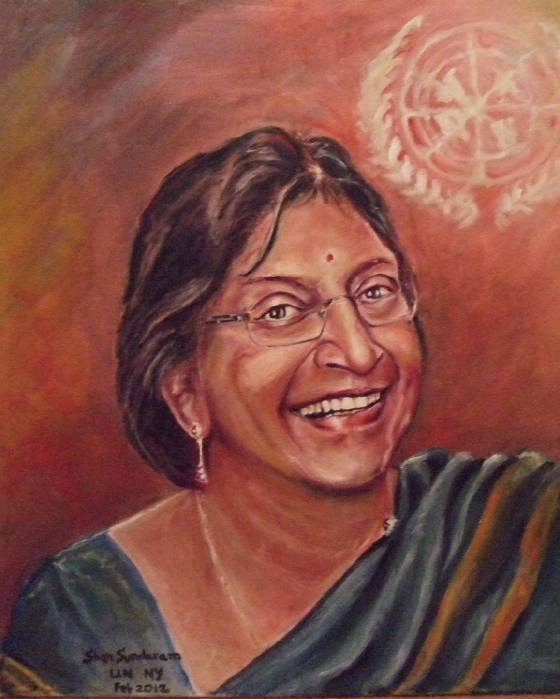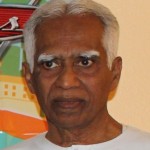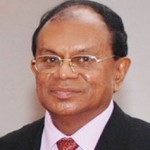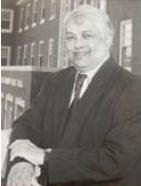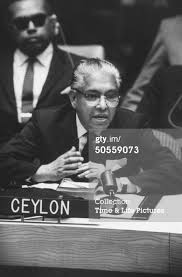July 1983: Planned By The State Or Spontaneous Mob Action?
By Rajan Hoole -August 31, 2013
Sri Lanka’s Black July – Part 18
 “Nero’s excesses were overtaken by disaster. Whether it was accidental or caused by the emperor’s criminal act is uncertain – both versions have their supporters. Now started [during the night of 19th July A.D. 64] the most terrible and destructive fire which Rome had ever experienced…The flames could not be prevented from overwhelming the whole of the Palatine, including [Nero’s] palace. Nevertheless, for the relief of the homeless, fugitive masses he threw open the Field of Mars… [He] also constructed emergency accommodation…and the price of corn was cut. Yet these measures for all their popular character, earned no gratitude. For a rumour had spread that, while the city was burning, Nero had gone on his private stage and, comparing modern calamities with ancient, had sung of the destruction of Troy.” - Publius Gaius Tacitus, from Histories
“Nero’s excesses were overtaken by disaster. Whether it was accidental or caused by the emperor’s criminal act is uncertain – both versions have their supporters. Now started [during the night of 19th July A.D. 64] the most terrible and destructive fire which Rome had ever experienced…The flames could not be prevented from overwhelming the whole of the Palatine, including [Nero’s] palace. Nevertheless, for the relief of the homeless, fugitive masses he threw open the Field of Mars… [He] also constructed emergency accommodation…and the price of corn was cut. Yet these measures for all their popular character, earned no gratitude. For a rumour had spread that, while the city was burning, Nero had gone on his private stage and, comparing modern calamities with ancient, had sung of the destruction of Troy.” - Publius Gaius Tacitus, from Histories
To be continued..
Part four - Sri Lanka’s Black July: The Cover Up
Part five - 30th July 1983: The Second Naxalite Plot
Part seven - Black July: Thondaman & Muttetuwegama
Part nine - Tamil Merchants In The Pettah – Post July 1983
Part eleven - Sri Lanka’s Black July: The Question Of Numbers
Part fourteen - Circumstances Leading To The Magistrate’s Inquest
Part fifteen - Welikade Prison: The Second Massacre: 27th July 1983
Part seventeen - Welikade Prison Massacres: Postscript
*From Rajan Hoole‘s “Sri Lanka: Arrogance of Power - Myth, Decadence and Murder”. Thanks to Rajan for giving us permission to republish. To be continued..


-hgw--f.jpg)
